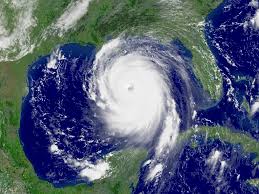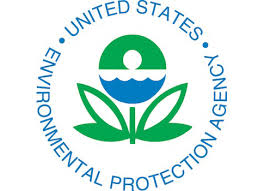Ten years ago, on August 29, 2005 Hurricane Katrina made landfall on the U.S. Gulf Coast and changed everything. The aftermath of the storm was shocking. I remember attending a RIMS conference in New Orleans many, many years before Katrina when I was still a risk management “newbie” and hearing seasoned risk professionals talk about the city’s vulnerability. Local residents described, with what seemed at the time to be a form of daring pride, how the city is actually built within a “bowl” that is below sea level and surrounded by bodies of water. I marveled at the levees and the cemeteries’ elevated tombs around the city. Risk managers spoke in hushed tones of the inevitability of a major hurricane scoring a direct hit on the vulnerable city. It’s not a matter of if, but when, they said.
The “when” turned out to be August 29, 2005.
There are many articles and videos available to describe both the horror of the storm and the power of the human spirit to overcome. History.com provides one such overview here. From a risk and insurance standpoint, Katrina brought several hard lessons. Presumably, many large businesses with full-time risk managers and dedicated insurance brokers had a decent handle on their disaster preparedness and risk financing programs. After all, they’ve been talking about the inevitability of a “Katrina” for decades. Although I’m sure that even the larger firms had a few unexpected developments, nothing compared to the chaos and turmoil that the storm left for small businesses and individuals.
Despite admonitions to “read your insurance policy” and “plan for disaster” many people caught up in the struggles of daily life and keeping a small business running simply did not do either. Frankly, the insurance industry itself must accept some of the blame as well. Insurance agents and brokers catering to small business and individuals in a market such as New Orleans had a professional duty to anticipate the aftermath of a “Katrina” and advise their clients accordingly on their coverages. Many Gulf Coast policyholders were shocked to discover that storm surge was not covered by their insurance policies, or that their business interruption coverage included fiscally untenable waiting periods or didn’t extend on a contingency basis to key suppliers. Yes, the policyholders should have read their policies and asked questions. Yes, the policyholders should have thought through the scenarios more proactively and discussed their greatest fears with their insurance professionals before the storm. That’s the hard lesson taught by Katrina.
Another hard lesson from Katrina – we need to be better as an industry before the next Katrina strikes. As risk professionals, we know what can happen. Katrina has shown us many of the worst possible outcomes and the insurance coverage gaps left in the aftermath. Let’s make sure that we share this professional knowledge with our policyholders, large and small, and take the time to counsel and teach them. Risk professionals live and breathe insurance policy language – our policyholders do not. This is the professional expertise we are paid to deliver. Let’s make sure we do it – before the next Katrina.


